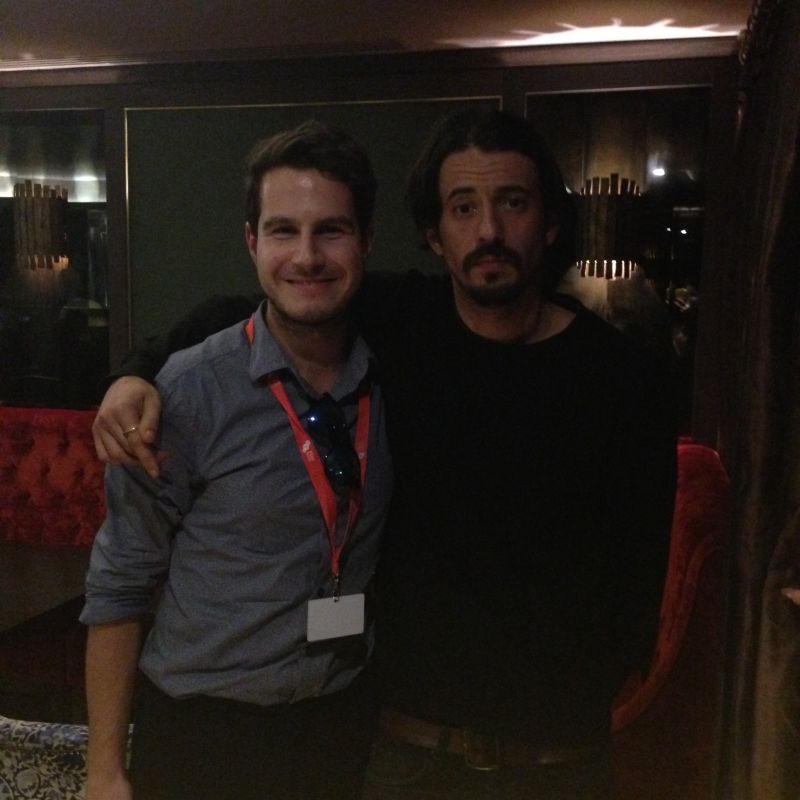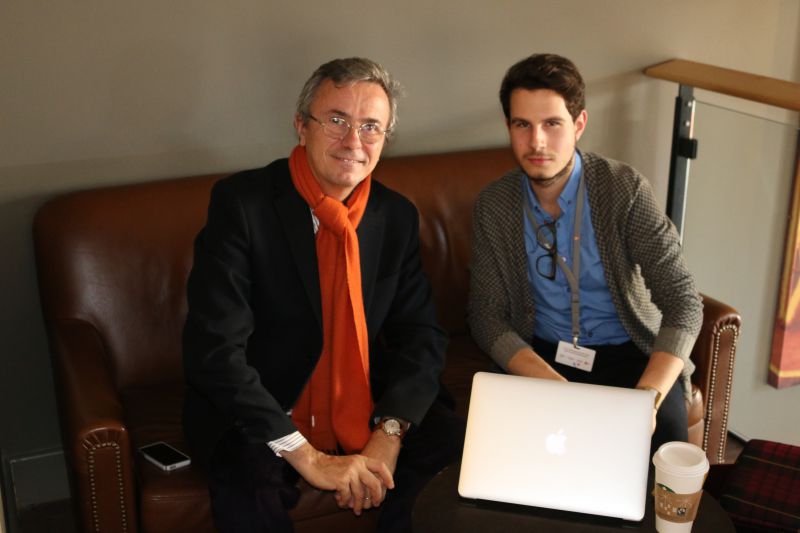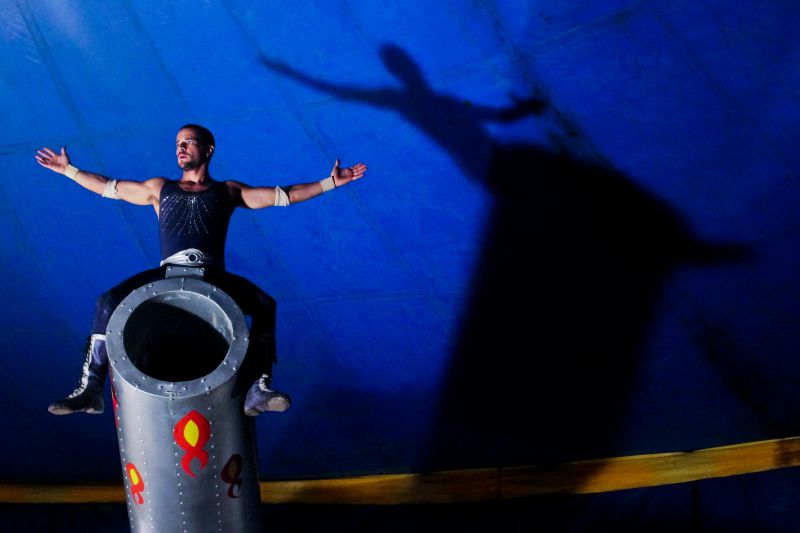|
|
||
|
Pro Tools
FILMFESTIVALS | 24/7 world wide coverageWelcome ! Enjoy the best of both worlds: Film & Festival News, exploring the best of the film festivals community. Launched in 1995, relentlessly connecting films to festivals, documenting and promoting festivals worldwide. Working on an upgrade soon. For collaboration, editorial contributions, or publicity, please send us an email here. User login |
Nima Javidi, dir. of 'Melbourne' / InterviewINTERVIEW: Nima Javidi, director of Melbourne, Opening Film of Venice71 Critics Week
Director Nima Javidi opened this year's Critics Week at the 71st Venice Film Festival with his debut feature Melbourne, telling the story of a couple in contemporary Iran whose planned migration to Melbourne is prevented by an unfortunate event few hours before departure. Javidi is the director of six short films and two documentaries. He is mainly known in Iran for his work on televisioncommercials. With help from his lead actor, Payman Maadi, widely known from Asghar Farhdi's A separation, the director explains how his personal experience became an inspiration to create his first feature film, showing a different part of the life in contemporary Tehran.
Where did you find an inspiration for the story? Is there a personal connection? It was a personal experience, indeed. Five or six years ago, I was with friends on a vacation in the mountains and I was left alone with a baby. At some point, I noticed that it wasn’t awaking. I panicked but hopefully in the end everything was alright. Then I imagined what could had happened if something had gone wrong and that’s how I wrote the story.
The opening titles start with the images of clothing bags that are being drained from the air and shrinked. Is this a symbol you wanted to use for the story in the film? It was a collaboration of the credit designer and me, we wanted to give the idea of suffocation, of this asphyxiating atmosphere that is present throughout the film.
Why did you choose to use a couple that was in the process of migration to Australia? The element of immigration is not the main point, of course, but it increases the tension and gives better flow to the story. It is like having a countdown, a clock ticking somewhere in the background.
The staging of the film reminds a lot of a theatre play. The characters do not exit the apartment and the only thing we see from the outer world is a view from the window. Did you plan this from the beginning or it came out during the filming process? The main issue was the budget, which did not allow us to be very flexible. Apart from that I thought that it’s better to keep the characters mostly isolated, because this served the storyline in a better way.
The relationships and the communication between the characters, as presented, is very typical for an eastern society. Do you think the same storyline could potentially work within the western lifestyle? I hope that it can work everywhere, mainly because it’s a humane story and it has several ecumenical values and themes like fear, decision making and responsibility which we all share.
In the latest Iranian films we see mostly traditional and considerably poor living conditions. Why did you decide to focus on a more modern side of the life in Tehran? Many people do not believe it but the lifestyle for most people, especially the younger, is not much different from Europe or the US. Everyone has a normal flat, an iPhone and all the similar amenities. It is not probably a matter of misinterpretation, just different directors make different stylistic and aesthetic choices. But I wanted to be honest and show how I see the life in my country.
The soundtrack is not really present in the film. Did you came up with this decision in post production or it was an initial idea? I had prepared some songs in the beginning but then I thought that they don’t match perfectly the atmosphere that I wanted to create so I dropped the idea of a soundtrack.
If this incident happened to a couple in real life, would it discourage them from having children? How about you, considering that it’s a personal experience to some extent? While writing the story, it was extremely hard to think about it. I doubt that it would affect my potential plans of having children, but certainly, if you’d asked me back then I would say that it’s a stigmatising experience. 20.11.2014 | Martin I. Petrov's blog Cat. : critics week director first feature Interview Iran Iranian cinema melbourne nima javidi venezia71 Venice Film Festival PEOPLE
|
LinksThe Bulletin Board > The Bulletin Board Blog Following News Interview with IFTA Chairman (AFM)
Interview with Cannes Marche du Film Director
Filmfestivals.com dailies live coverage from > Live from India
Useful links for the indies: > Big files transfer
+ SUBSCRIBE to the weekly Newsletter Deals+ Special offers and discounts from filmfestivals.com Selected fun offers
> Bonus Casino
User imagesAbout Martin I. PetrovThe EditorUser contributions |
























 Petrov Martin
Petrov Martin 


